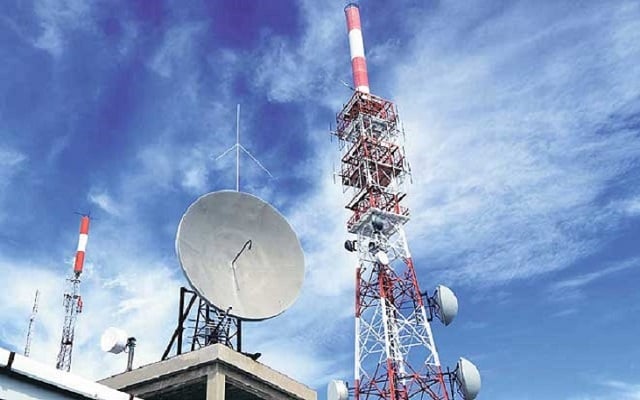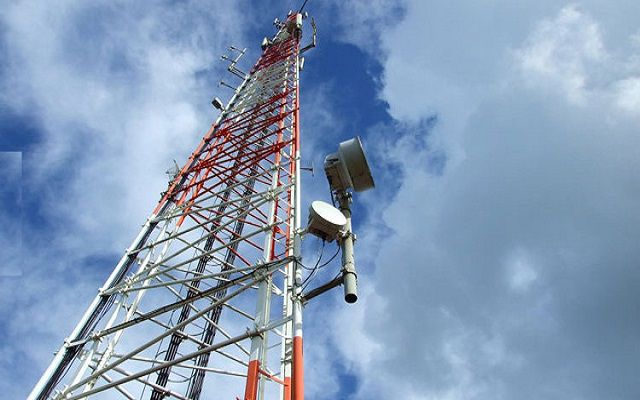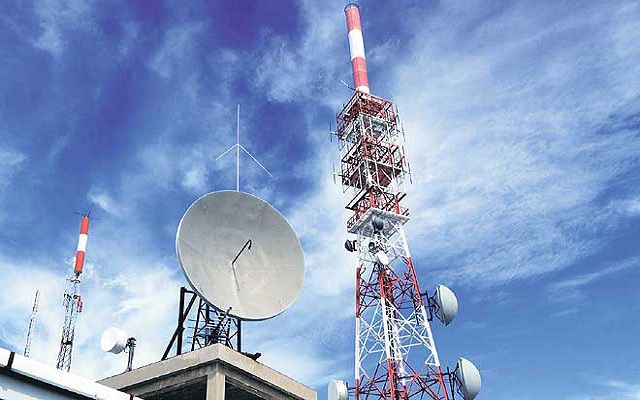GOP Can Generate Around $ 2b Revenue from 3 Mobile Operators’ License Renewal & Additional Spectrum

The Government of Pakistan is expecting to generate around $2 billion revenue from license renewal of the three mobile operators and award of additional spectrum in the current year, but has not come up with any policy in this regard so far, which is resulting in uncertainty in the industry.
The license of Telenor Pakistan is going to expire in May 2019, and according to telecom experts, the operator may face the issue, if it fails to renew its license within due time.
GOP Can Generate Around $ 2b Revenue from 3 Mobile Operators’ License Renewal & Additional Spectrum
Parvez Iftikhar, International ICT Consultant and Member of Member Prime Minister’s Task Force on IT & Telecom said that renewal decisions should ideally be finalized 18 – 24 months prior to license expiry to ensure service & business continuity.
Cellular Licenses of Telenor Pakistan, Warid (Jazz) & Zong are due to expire in 2019. All the three operators have submitted requests for renewal but the decision on renewal terms is still pending.
The licenses of the three cellular mobile operators were awarded by Pakistan Telecommunication Authority (PTA) under the Cellular Mobile Policy for a period of 15 years in 2004.
Two operators -Mobilink and Ufone- have renewed their license at $291 million in the past for GSM services after the expiry of 15 year period but Ufone needs additional Spectrum to compete with other operators in mobile broadband services. The 15 year licenses of three mobile operators – Telenor, Zong, and Warid Telecom – are due to expire in 2019. The remaining two mobile operators, Jazz (Mobilink) and Ufone are not due for renewal until 2022 and 2029 respectively.
According to documents, efficient completion of the renewal process will help maintain certainty in the industry. As per reports and options for renewal furnished by PTA to Ministry of Information Technology and Telecommunication, license renewal may generate $1-2 billion to the national exchequer.
Warid, Zong and Telenor Pakistan, under license clause 1.2.2 approached PTA, for renewal of license.
However, it depends on the new framework of the licenses regime by the telecom authority especially after the award of licenses and spectrum of 3G/ 4G technologies to various operators. PTA has tasked a consultant to conduct study/assessment in detail on the existing licensing framework of Pakistan and international best practice on license renewal. This will be done through consultation with the relevant stakeholders particularly MoITT to assess the telecom market, regulatory, financial and technical challenges in Pakistan. The telecom authority describes this assessment study as part of its vision to create a fair regulatory regime to promote investment, encourage competition, protect consumer interest and ensure high-quality Information & Communication Technology (ICT) services in the country.
Clause 8.11 of Telecommunications Policy 2015 states that: “Renewal of license and associated spectrum at the end of a license period will be as per the policy of the Government. PTA will in a timely manner initiate the process in accordance with the terms and conditions of the license”
In case the renewal of licenses PTA will make recommendations to the federal government (MoIT), within the timelines stipulated in the respective licenses. Other spectrum not subject to license renewal terms will be priced in accordance with the applicable spectrum pricing methods specified. Where spectrum payments for microwave and mobile spectrum have been introduced subsequent to the initial assignment of the mobile spectrum, the spectrum fees associated with the mobile spectrum will be determined under the terms of the applicable license.
According to Iftikhar Spectrum Reserve prices in Pakistan have been set significantly high in previous auctions, which are not sustainable and create uncertainty for long-term investments. He maintained, “Participation levels in previous auctions for spectrum auctions was low due to high prices. This was the main reason that there was some unsold spectrum in 2014 and only single operator participation in 2016 and 2017 auctions.
Similar spectrum auction failures have occurred in the region primarily due to setting high spectrum prices, e.g. India, Bangladesh, and Thailand.
Government policies that set high spectrum reserve prices, prioritize short term fiscal targets over long term socio-economic benefits for the citizens, said Iftikhar, adding that governments in regional countries now lowering spectrum prices.
According to ICT experts, the country needs a well-designed spectrum management policy aligned to the policy goal — Allocation and assignment of spectrum to maximize social and economic benefits that can be derived from the use of this scarce resource
Policy goal requires measures on spectrum harmonization and planning, allocation of spectrum in accordance with international spectrum pricing and a clear rolling spectrum strategy that will identify i.e. Plan for existing spectrum allocation audit, Terms for Re-allocation of existing spectrum to legacy licenses, New spectrum bands to be made available, Consequential requirements for spectrum re-farming, Spectrum to be auctioned, with timescales, Spectrum trading and sharing to be allowed unconditionally on commercially viable terms and Spectrum to continue to uphold technology neutrality principle.
PTA Taxes Portal
Find PTA Taxes on All Phones on a Single Page using the PhoneWorld PTA Taxes Portal
Explore NowFollow us on Google News!

